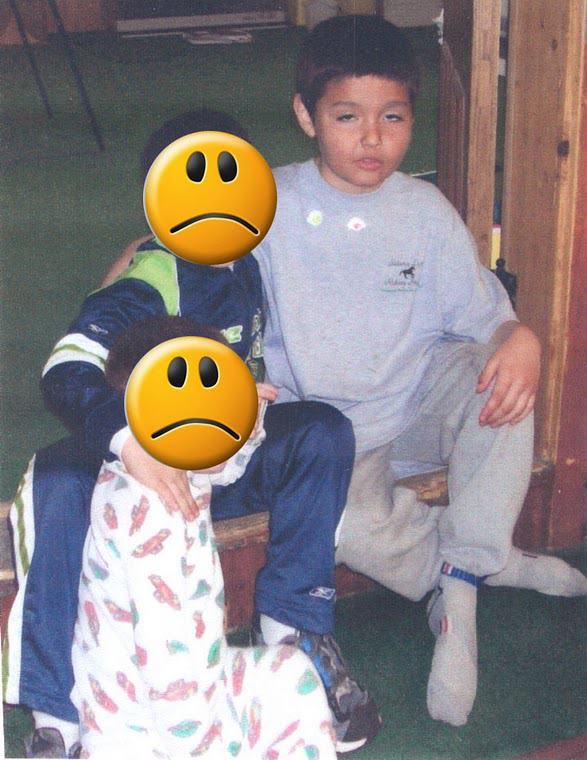Kids' court shouldn't operate in secret | legislation, state, problem - Our View - Appeal-Democrat
March 19, 2011 11:46:00 PM
We've become so accustomed to bad legislation emanating from the state Capitol that it can be surprising when a legislator offers a sensible solution to a major problem. Consider us shocked, then, by a bill introduced this month by Assemblyman Mike Feuer, D-Los Angeles, regarding the state's troubled foster-care system. The legislation is desperately needed and targeted at the right problem — a problem that too often is overlooked.
Although details of Assembly Bill 73 were still being worked out, the bill's goal is to improve openness and oversight of a dependency-court system shrouded in secrecy. More than 60,000 California children are in foster care or otherwise are under the supervision of the court system. Unlike other court systems, dependency courts are closed to the public under the theory that children's identities should be protected.
But abuses fester anytime that sunshine is not permitted. Stories have reported on a number of cases in dependency court where records are kept from the public and where those who administer the system — social workers, judges, attorneys — are not always held accountable. In a free society, the government should operate in the most open and accountable way, yet this system — which can make life-changing family decisions — operates in a way more appropriate in un-free societies.
The Feuer legislation seeks to make the court system presumptively open. This is how it operates in 17 other states. In preparation for a March 1 hearing on the subject, Assembly Judiciary Committee staff explained the importance of this issue: "The dependency court has vast power over these children — determining what services they and their families will receive, who will care for them, in both the short- and long-term, and what contact they will have with their families. The court even decides whether to terminate parental rights and begin adoption proceedings."
These decisions currently are made in secrecy. As Feuer said, "Openness in this system fosters scrutiny and reform." Openness would provide more attention to the system and would push those who work for the system to operate at their very best. Critics have argued that it's necessary to keep the system closed to protect the children, but evidence from other states suggests the opposite. The best way to assure that reasoned and fair-minded custody decisions are made is to open the process to the cleansing light of day. That's why the nation's court system mostly operates in the view of the public and why a judge from a Minnesota dependency court, where openness is the presumption, came to California to support this change.
In a recent opinion column, retired Santa Clara Superior Court Judge Leonard Edwards, captured the frustration shared by many of us who have reported on the dependency courts: "A foster child dies while in care. The media contact the children's services agency and ask what happened. The agency responds that it cannot reveal any of the facts because the law requires that the matter remain confidential. The media next contact the juvenile court judge, who responds that there will have to be a hearing before the release (if any) of information relating to the death. The media is outraged. The public wonders about the secrecy surrounding the child's death and whether the agency and the court are trying to hide something."
Transparency is the best way to fix that frustrating and infuriating situation. We're pleased by Mr. Feuer's approach and glad to be pleasantly surprised by something in Sacramento these days.
Exposing Child UN-Protective Services and the Deceitful Practices They Use to Rip Families Apart/Where Relative Placement is NOT an Option, as Stated by a DCYF Supervisor
Unbiased Reporting
What I post on this Blog does not mean I agree with the articles or disagree. I call it Unbiased Reporting!
Isabella Brooke Knightly and Austin Gamez-Knightly

In Memory of my Loving Husband, William F. Knightly Jr. Murdered by ILLEGAL Palliative Care at a Nashua, NH Hospital
No comments:
Post a Comment